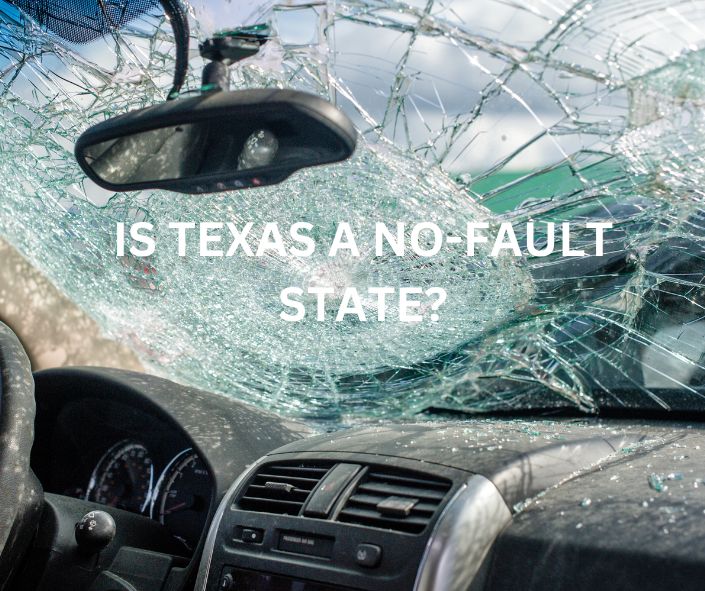Houston Car Accident Lawyers > Articles > Auto Accidents > Texas Is NOT a NO FAULT State. Car Accident, Personal Injury, Tort Laws
Texas Is NOT a NO FAULT State. Car Accident, Personal Injury, Tort Laws

Texas is not a “No Fault” State
There are fault and no-fault states as far as insurance is concerned. When you get involved in a car accident, the fact that your state is a no-fault state or at-fault state can affect how you pursue compensation. In some states, you must file a claim with your insurance company if you are injured in a car crash.
Other states allow people injured in car accidents to file a claim with the insurance company of the negligent party. Texas is not a no-fault state for tort law (car accidents, personal injury cases, etc.).
At Fault Definition
“At Fault” means that in Texas the person that causes an accident is responsible for the damages caused by that accident.
Texas Is An At-Fault State
 An at-fault or tort state makes the person or entity that caused an accident pay for damages. That is why Texas drivers have to carry a minimum amount of insurance. This amount is called a requisite minimum coverage amount and it is broken into the following:
An at-fault or tort state makes the person or entity that caused an accident pay for damages. That is why Texas drivers have to carry a minimum amount of insurance. This amount is called a requisite minimum coverage amount and it is broken into the following:
- At least $30,000 of coverage for injuries per person
- A total of $60,000 per accident
- $25,000 for property damage per accident
The purpose of auto insurance is protection for the driver that caused the accident and protection for the victim of that accident.
The driver that caused the accident doesn’t have to pay for damages out of pocket, and the accident victims get compensation for their losses.
What If the Damages Exceed Insurance Coverage?
In instances where the damages exceed the at-fault driver’s insurance, the at-fault driver has to pay the rest out-of-pocket.
Drivers that operate vehicles without auto insurance risk fines, penalties, and driver’s license revocation.
What If I’m Hit By An Uninsured Driver?
Every driver’s nightmare is getting involved in an accident where the at-fault driver has no auto insurance. You can protect yourself by carrying uninsured (UM) or underinsured (UIM) motor insurance. These allow your lawyer to file a claim with your own insurance company in the event that you get into an accident and the at-fault driver has no insurance.
What Are The Types Of Auto Insurance In Texas
Since there are multiple types of auto insurance in Texas, it can be difficult sometimes to know exactly how each of them works. Here are the types of auto insurance in Texas:
- Liability coverage is meant to cover medical expenses, pain and suffering, property damage, lost wages, and wrongful death
- Collision coverage accounts for damages to your vehicle which includes covering the complete cost of your car, the cost of repairing your car, or the amount shown on the insurance declaration page
- Uninsured or Underinsured coverage is for situations where the at-fault party has no auto insurance
- Comprehensive coverage protects your car from situations such as weather damage, vandalism, and other situations that do not involve a collision.
You Cannot Trust Insurance Companies
Insurance agencies will often try to evade paying you fairly or may even try blaming you for the injuries you suffered. They may offer you a lower settlement than you deserve or even take a long time to resolve a claim. That is why you need an experienced personal injury lawyer to represent you.
See also
